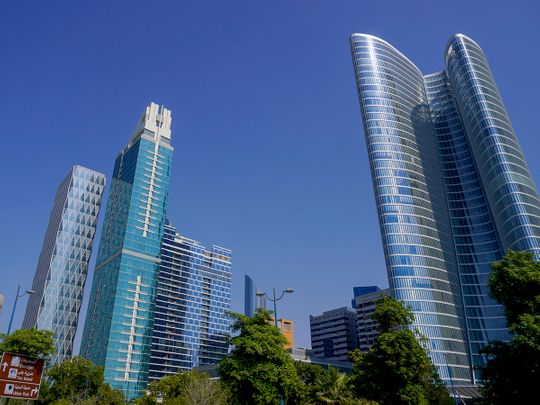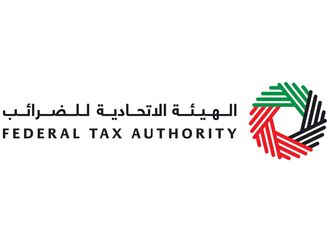
Dubai: Moody's Investors Service has affirmed the Aa2 long-term issuer rating of the Government of the United Arab Emirates (UAE). The outlook remains stable.
“The rating affirmation is supported by the relatively muted impact of the pandemic on the federal government's fiscal strength, in part the result of an effective government policy response to the pandemic,” Moody’s said
The rating agency said the UAE's rating is supported by unconditional support from Abu Dhabi for the federal government.
The stable outlook reflects broadly balanced risks, consistent with the stable outlook on the Abu Dhabi sovereign rating. World leading progress on vaccinations should support the economic recovery, limiting the impact of the pandemic on the UAE's credit metrics, although the pace of the recovery in key sectors will vary, with trade and potentially tourism likely to recover before air passenger transportation.
Fiscal prudence
The pandemic weakened federal government revenues last year, in particular resulting in lower VAT receipts due to the loss of tourist expenditure and weaker household consumption, as well as driving a drop in grants from the emirates.
In addition, the impact of the federal government's stimulus measures, while relatively modest at just over 1 per cent of GDP, mostly in the form of fee waivers also contributed to the decline in federal revenues. Nonetheless, the decline was almost entirely offset by reductions in federal government spending. As a result, the federal government's fiscal deficit was just 0.2 per cent of GDP in 2020, which was funded from existing cash balances.
Quick pandemic response
The broader policy response to the pandemic has demonstrated the UAE's capacity to respond to shocks.
At the outset of the pandemic, the UAE central bank was quick to launch the Targeted Economic Support Scheme (TESS), initially an Dh100 billion stimulus package that was later scaled up to Dh256 billion (equivalent to 20 per cent of GDP). In addition to a Dh50 billion zero cost funding facility provided to banks in order to reschedule the loans of borrowers affected by the pandemic, the stimulus package also included reduced deposit reserve requirements worth up to Dh61 billion, liquidity buffer relief worth up to Dh95 billion and counter-cyclical buffer and systemically important bank buffer reductions worth up to Dh50 billion to UAE banks.
The UAE was also among the first countries to begin to roll out coronavirus vaccines, which are provided free of charge to the population. Consequently, by early April, the UAE had provided at 87.55 vaccinations per 100 people, representing the second highest rate of vaccinations globally, after Israel.








